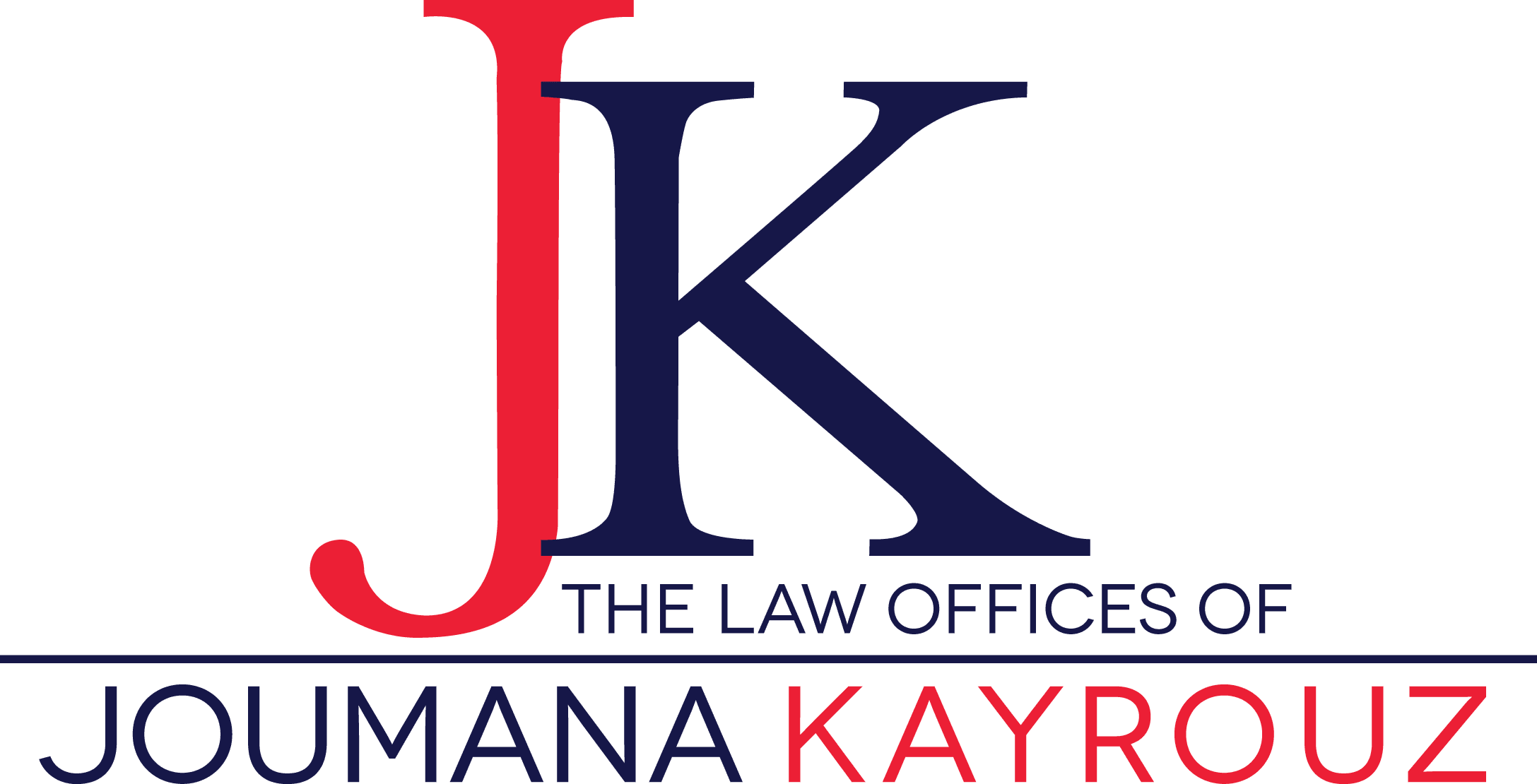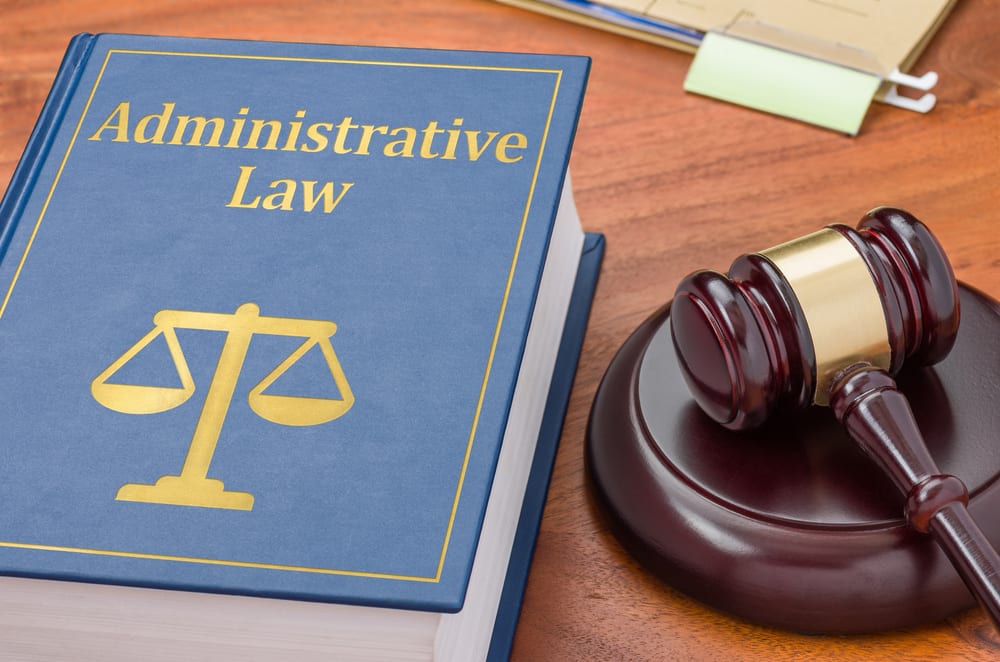WHAT RESOURCES WILL BE CONSIDERED BY THE SOCIAL SECURITY ADMINISTRATION TO DETERMINE IF I MEET
BLOG: WHAT RESOURCES WILL BE CONSIDERED BY THE SOCIAL SECURITY ADMINISTRATION TO DETERMINE IF I MEET THE GUIDELINES SET FOR SUPPLEMENTAL SECURITY INCOME
When applying for and receiving supplemental security disability cash benefits, the recipients must make sure they do not exceed RESOURCE limits.
INCOME
INCOME is money you receive. Any INCOME that you receive that you get in one month and still have at the beginning of the next month becomes a RESOURCE. EARNED INCOME is income received from wages and self-employment. UNEARNED INCOME is all other types of income including pensions, royalties, profits, rent, spousal support or Veterans Affairs payments. Food, cash, free rent and other things you receive from others may also be considered UNEARNED INCOME.
RESOURCES
RESOURCES are things that you own. It can include cash and anything you can turn into cash. A resource will still be considered even if you jointly own it with someone else.
JOINTLY HELD RESOURCES
Jointly held property is property that the SSI recipient owns with someone else. Many times, the Social Security Administration will consider what proportion the recipient owns of the property and whether the recipient can sell the joint property without the consent of the other joint owner. A very important factor is whether the person receiving SSI benefits can control or has access to that resource. To keep benefits, the recipient should have NO direct control over the resource. The recipient should always have someone else in charge of the resource who can make decisions independent of the recipient in many instances.
For joint interests in cash, stocks or bank accounts, all assets are considered to belong to the recipient unless the resources are 1. owned by a non-spouse joint owner and 2. that person can verify they contributed to the asset. If the recipient’s interest in the joint property can be ascertained, that portion will be considered to belong to the recipient. The asset is then considered owned in proportion to the amount verified.
The Social Security Administration is continually reviewing consumer credit reports on recipients to see if there is financial activity in any savings or checking accounts, credit cards, applications for credit, sales or purchases of any interests in real estate or vehicles.
CASH RESOURCE LIMITS
$ 2,000.00 for a single person;
$ 3,000.00 for a married couple;
$ 2,000.00 for a child receiving SSI. If the child resides with only one parent, an additional $ 2,000.00 is permitted for that parent increasing his or her total permissible resource cash holdings to $ 4,000.00.
Cash resources can be cash-money or funds that are in a bank account. They can also be made up of stocks, bonds, mutual funds, certificates of deposit or other types of capital.
WHOSE RESOURCES ARE COUNTED
The person receiving SSI must identify all their resources.
That person’s spouse must also detail his or her resources if they live in the same household with the recipient.
If the recipient is under 18 and lives with their parent, the resources of the parent must be disclosed.
The resources of a sponsor and the sponsor’s spouse if the person receiving benefits is a sponsored alien.
RESOURCES THAT ARE NOT COUNTED
A single home and adjoining land that is used as a residence are not counted as an asset when qualifying for SSI.
A single vehicle used for transportation is not considered an asset.
Property used in a trade or business is not considered against a person’s eligibility for SSI.
Retroactive SSI cash benefits and Social Security benefits that are paid to you and saved for up to nine months are not considered cash asset for purposes of eligibility.
Resources that have been set aside under an APPROVED PLAN by an SSA case worker to assist the recipient to become self-supporting will not bar eligibility.
Almost all household goods and personal effects are also not counted as resources in determining eligibility.
A GOOD RULE OF THUMB IS TO CREATE AS MUCH DISTANCE BETWEEN THE ASSET AND THE SSI APPLICANT AS POSSIBLE. THE ASSET SHOULD NOT BE KEPT IN A JOINT ACCOUNT. THE RECIPIENT SHOULD HAVE HIS OWN ACCOUNT, AND IF POSSIBLE, A SEPARATE ACCOUNT JUST FOR HIS SSI DIRECT DEPOSITIS.
IF THERE ARE ADDITIONAL PROPERTIES THAT CREATE INCOME TO BE USED FOR THE RECIPIENT’S BEST INTEREST, THE RECIPIENT SHOULD HAVE NO CONTROL OVER THESE PROPERTIES AND NO DIRECT ACCESS TO ANY OF THE INCOME STREAM FROM THESE PROPERTIES. THESE PROPERTIES SHOULD ALSO BE HELD IN A MANAGED LLC IN ACCORDANCE WITH A BUSINESS PLAN BY REGISTERED OWNERS OF THE LLC.
IF THERE ARE SIGNIFICANT ASSETS LEFT BY LOVED ONES FOR THE CARE OF THE DISABLED PERSON, A PROTECTIVE TRUST SUPERVISED BY DEPENDABLE FAMILY MEMBER AS TRUSTEE CAN ALWAYS BE A VALUABLE TOOL.
263




